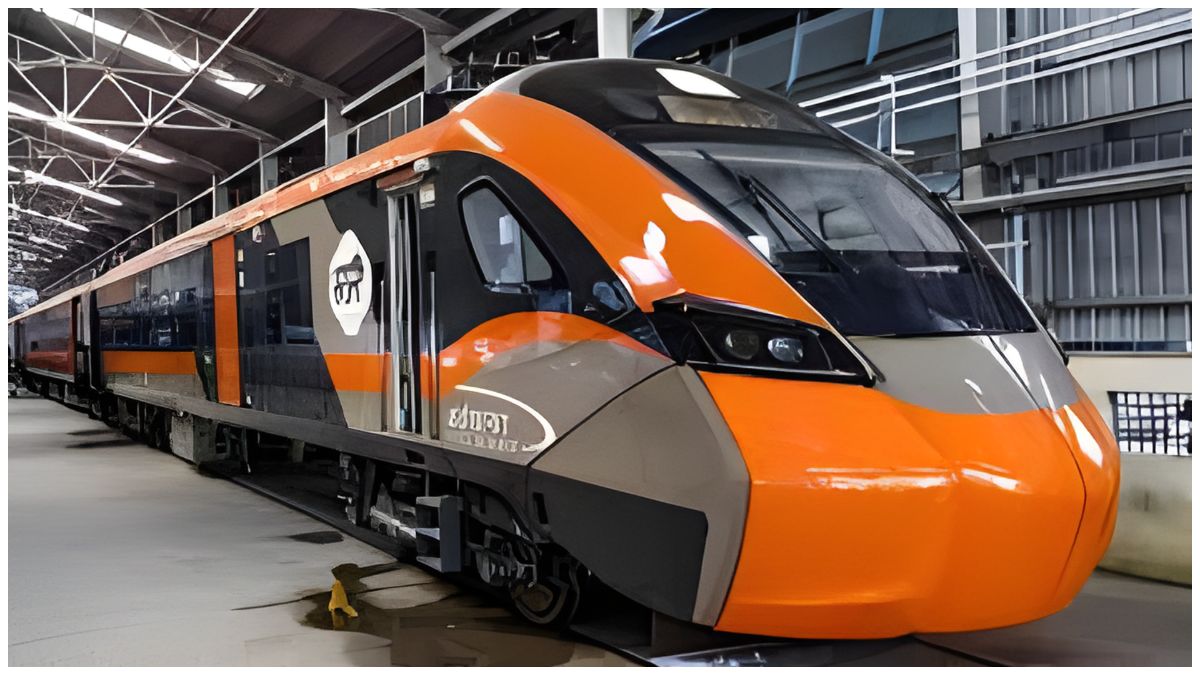Surat Named ‘ Swachh Vayu Survekshan 2024 ’ Winner
Surat, the “Diamond City of India,” has been awarded the prestigious title of ‘ Swachh Vayu Survekshan (SVS) 2024 ’ by the Union Ministry of Environment. This recognition highlights Surat’s significant progress in air quality management, as the city outperformed 131 other competitors in the nationwide survey.
The Surat Municipal Corporation (SMC) reported a remarkable 12.71% reduction in PM10 pollution levels compared to the previous year. Surat’s ranking improved dramatically from 13th place in the SVS 2023, where Indore was the leader, to achieving the top position this year with an impressive score of 194 out of 200 points. The city’s PM10 level also showed a notable decline, dropping from 130 in the previous year to 103 this year.
To honor this achievement, the National Mission for Clean Air will celebrate Surat as the ‘National Clean Air City’ at an event in Jaipur this September. The city’s mayor, Daxesh Mavani, and Municipal Commissioner, Shalini Agarwal, will receive a trophy, a certificate, and prize money of INR 1.5 crore at the ceremony.
Municipal Commissioner Shalini Agarwal attributed the city’s success to improved inter-departmental coordination, advancements in construction practices, increased use of electric public transport, and a focus on renewable energy.

About Swachh Vayu Survekshan
Launched in 2019, the Swachh Vayu Survekshan evaluates cities based on their efforts to improve air quality and reduce particulate matter. The assessment criteria include solid waste management, road dust control, construction waste management, vehicular and industrial emissions, awareness programs, and overall air quality improvements.
Surat’s Initiatives for Clean Air
Over the past five years, Surat has invested nearly INR 5,000 crore in various air quality improvement projects. These initiatives include deploying mechanical sweepers that remove 4,200 metric tonnes of dust annually and integrating 35% electric vehicles into the garbage collection fleet, which has led to a reduction of 7,000 metric tonnes of carbon dioxide emissions per year. Additionally, the city has established 50 electric vehicle charging stations.
With support from the World Resources Institute, Surat has also undertaken 280 clean construction projects focused on minimizing the use of natural resources and managing construction and demolition waste. Out of the 600 planned electric buses, 580 are already operational, contributing to an annual reduction of 66 metric tonnes in emissions.
Surat’s commitment to sustainable practices and air quality improvements has set a benchmark for other cities, showcasing the power of coordinated action and innovative solutions in achieving cleaner air.






